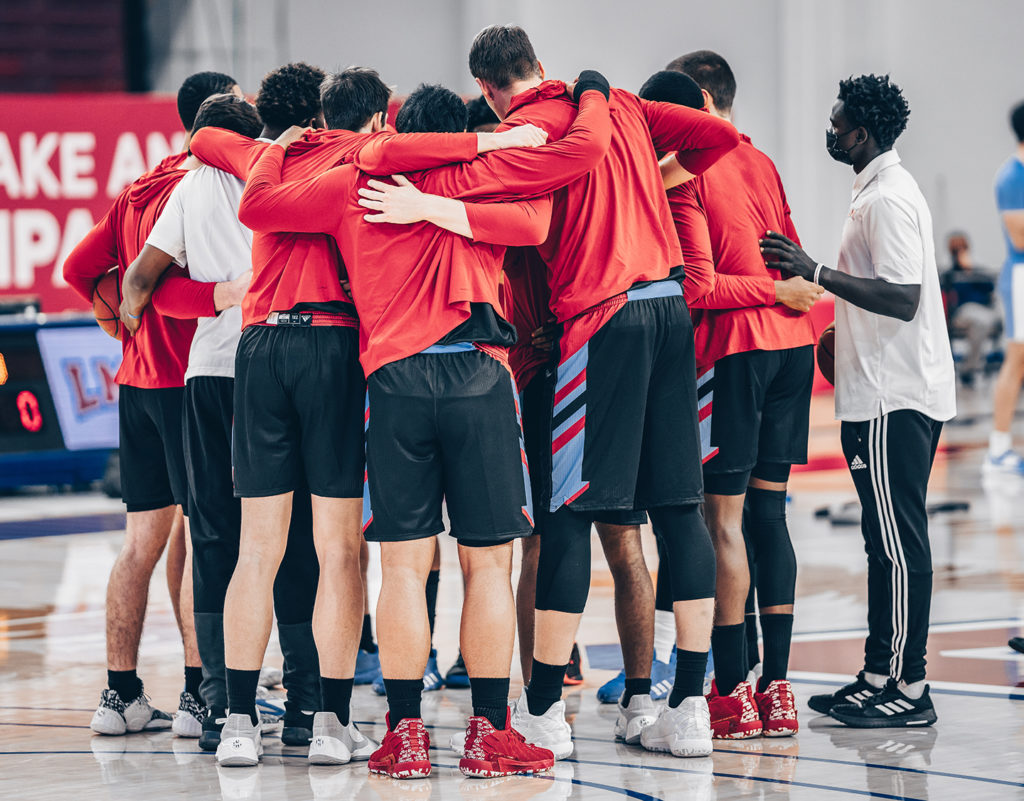
The COVID-19 pandemic has dramatically impacted how college coaches recruit prospective student-athletes (PSAs). In a typical year, athletes being recruited have several opportunities to impress college coaches in person through tournaments, camps, showcases, home visits and trips to campuses. Traditional recruiting methods were disrupted in March 2020 when the NCAA suspended in-person recruiting and implemented a dead period for recruiting until April 2021, during which college coaches and athletes are prevented from traveling to see one another in person.
Instead of spending countless hours on the road attending tournaments and visiting recruits and their families in person, coaches have pivoted their traditional recruiting methods. Coaches shifted to recruiting digitally and virtually by communicating with PSAs over Zoom, FaceTime or other platforms in order to get to know recruits and share information about their own institutions and sport programs. Coaches created virtual tours to highlight campus, athletic facilities and the surrounding communities. During the dead period, they evaluate athletic talent through video footage and conversations with high school/club coaches and academic counselors.
Potential student-athletes have also adapted how they get recruited in order to meet coaches where they are. They have to take more initiative by connecting through email, texts, phone calls and social media platforms to share their interest and develop relationships. PSAs also post training sessions and skills and highlight on social media, attend livestream camps and use recruiting services to market their talents.
While the long-term effects on recruiting in the post pandemic world remain to be seen, virtual and digital recruiting will continue to be crucial tools for identifying future student-athletes. In the short term, thousands of student-athletes will meet their coaches in person and step foot on their new campuses for the first time when they arrive for the fall 2021 semester.
Ashley Armstrong, deputy athletic director and senior woman administrator, serves as chief operating officer for the Department of Athletics and oversees multiple sports programs as well as academics, mental health and strength and conditioning.
Tell Us Your Story
The COVID-19 pandemic has forced us to adapt and change many of the ways we do our work in almost every sector of society. Are there pandemic-related changes in your field of work or expertise that will last beyond the crisis?
Tell us in 250 words about the most important change, for better or for worse, that you see being long-lasting in your world of work. Email your reflection to magazine@lmu.edu, along with your name, email address, your relationship to the university, and your profession or area of expertise/work and we’ll post some to the LMU Magazine website on the Afterlife page in the coming weeks.—The Editor.
